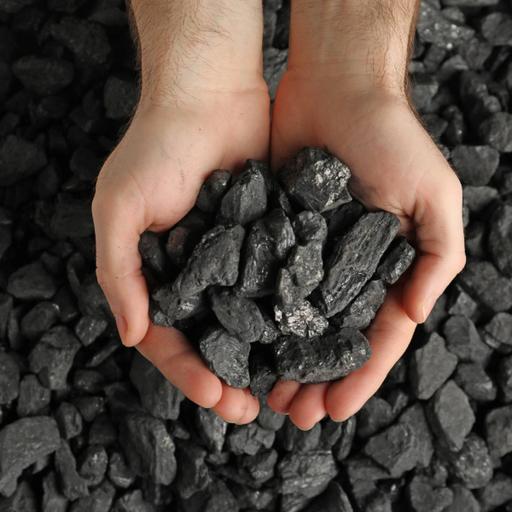Minerals
Presentations | English
In geology and mineralogy, a mineral is a solid inorganic chemical compound with a fairly well-defined chemical makeup and a specific crystal structure that occurs naturally in pure form. Common minerals include quartz, feldspar, mica, amphibole, olivine and calcite. It is normally crystalline and that has been formed as a result of geological processes. In the context of nutrition, a mineral is a chemical element required as an essential nutrient by organisms to perform functions necessary for life. It is usually divided into two: essential and non-essential. A balanced diet usually provides all of the essential ones. These are elements on the earth and in foods that our bodies need to develop and function normally. Those essential for health include calcium, phosphorus, potassium, sodium, chloride, magnesium, iron, zinc, iodine and so on. These, especially taken in large doses, can cause side effects such as tooth staining, increased urination, stomach bleeding and uneven heart rate.

Free
PPTX (23 Slides)
Minerals
Presentations | English
